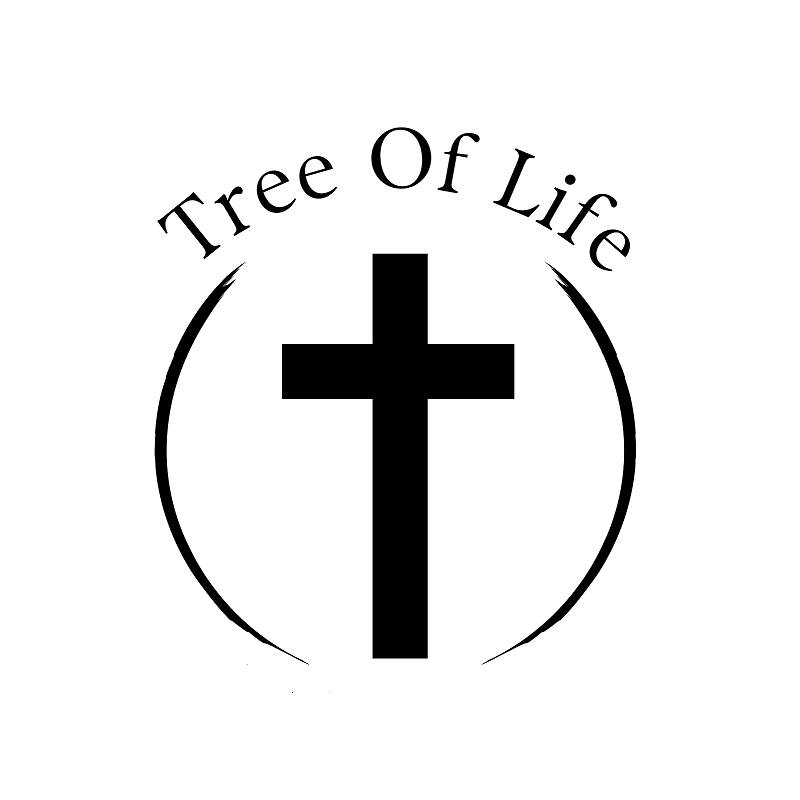Primary education is the foundation of learning and development and is essential for the growth and progress of any society. Unfortunately, primary education remains a significant challenge in many African countries, with millions of children out of school and many more unable to complete basic education. The lack of primary education in Africa is a major barrier to the growth and development of the continent. It has far-reaching consequences for children, their families, and society.
One of the biggest challenges facing African primary education is the cost for children to attend. The annual cost of sending a child to school, including tuition, books, uniforms, and supplies, has exceeded six months’ average income in some countries and three months in others. That’s an impossibility for three-quarters of African families.
Schools in Africa are a no-nonsense environment. They demand discipline, pride, and self-respect from students. Uniform requirements are a part of creating a high standard. But uniforms cost money. Parents must buy their children the required shirts, pants, belts, socks, and shoes.
Here’s an example of how close to the edge families live in Africa while fighting to get their kids into school. Our story comes out of our mission in Kenya. A family came to us because their local school turned away their daughter. Why? Has she been a problem student? Fights? Bad grades? Not at all. She didn’t have a pair of the required shoes. That’s why. The family had pulled everything else together, struggling to keep themselves afloat while fulfilling the obligations to let their child attend school. But the shoes were too much.
Many families in Africa struggle to provide necessities such as food, shelter, and healthcare, let alone pay for their children’s education. As a result many children are forced to drop out of school or never even enroll. This reality perpetuates the cycle of poverty as without an education these children are unlikely to lift themselves out of grinding poverty.
Can you imagine a family unable to send their child to school over a pair of shoes? It’s a head-shaker. How could that happen? Can’t they use a credit card? Cut back on the streaming channels?
Mostly, kids in Africa watch over-the-air televisions with occasional low-quality Internet access. Food, and where it’s coming from, is a constant source of anxiety. It’s hard to cut back when cutting back cuts into your stomach.
So of course, we got the daughter a pair of shoes. Then she had the tools she needed for a straightforward start to a school routine.
Many children living in rural areas have limited or no access to schools, while those in urban areas often face overcrowded classrooms, poor facilities, and a shortage of qualified teachers. Access to quality education means that many African children need help to develop the essential skills they need to succeed in life, such as reading, writing, and arithmetic.
In addition to these challenges, there are also cultural factors that can impact the education of African children. For example, in many cultures, girls are expected to prioritize marriage and child-rearing over education. At the same time, boys are often sent to work to support their families instead of attending school, leading to gender disparities in education and perpetuating harmful gender stereotypes.
Africa’s lack of primary education has far-reaching consequences for the continent’s development. Without primary education, children are unlikely to be able to develop the skills they need to succeed in life, let alone contribute to the development of their communities and the continent as a whole. This lack of education also perpetuates poverty, as with access to good-paying jobs, families are likely to be able to lift themselves out of poverty.
Addressing this challenge will require a multifaceted approach, including increased investment in education, improved access to quality education, and managing gender disparities.
Nevertheless, perpetuating primary education in African countries sets the foundation for a brighter future for their children and societies. Every life is graciously created by our Creator and His benevolent love.
